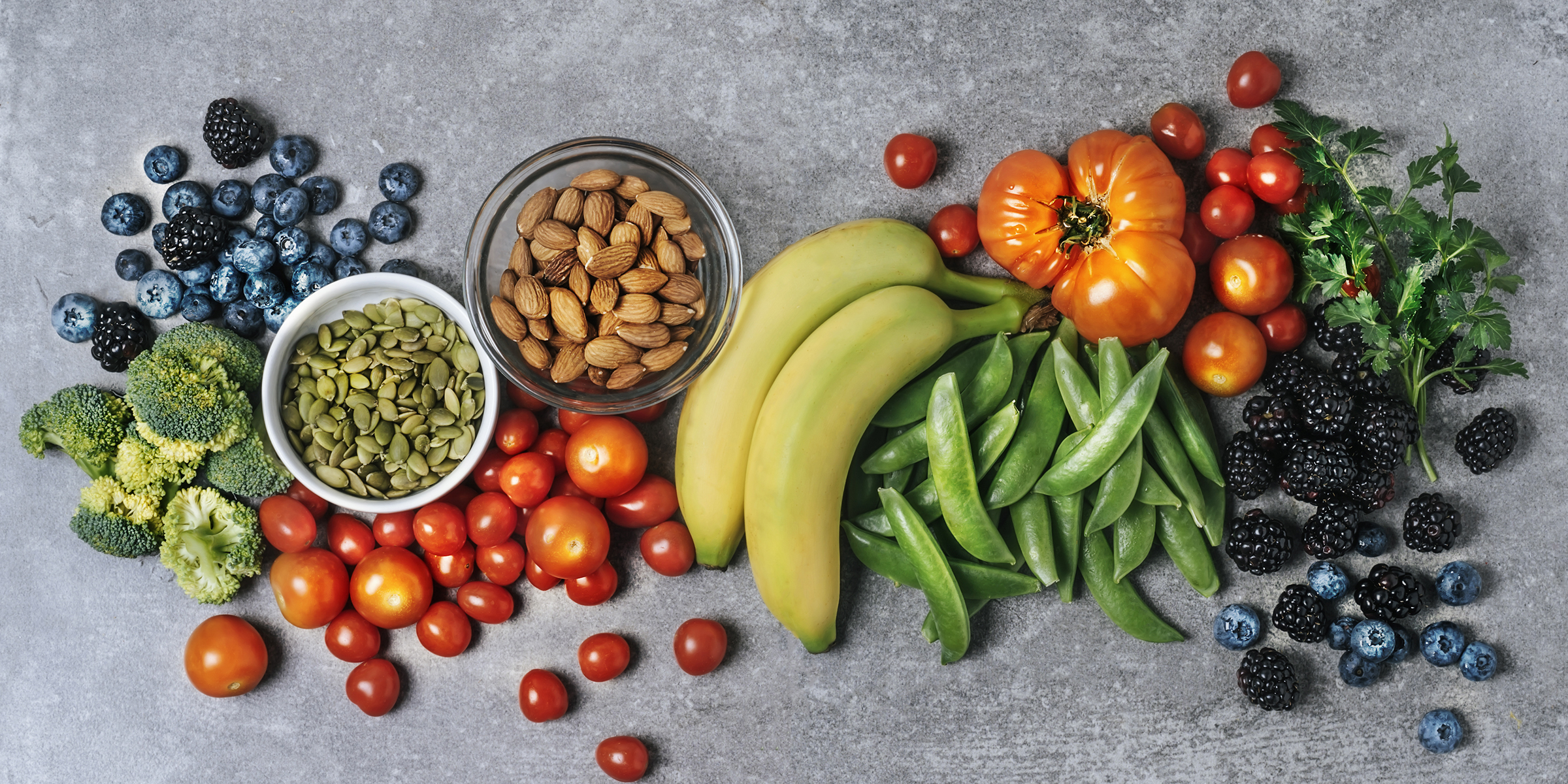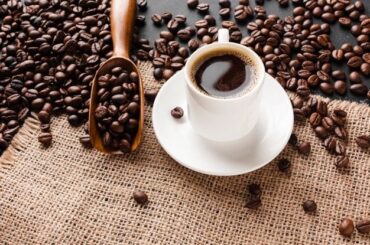When it comes to losing weight, exercise is important, but your diet plays a crucial role in achieving your goals. Choosing the right foods can help you feel fuller, boost your metabolism, and increase your energy levels. Here are five types of foods that you should incorporate into your diet during weight loss.
High-fiber Foods
Fiber is essential for weight loss because it helps keep you feeling full for longer periods. High-fiber foods also help regulate blood sugar levels and improve digestion. Examples of high-fiber foods include vegetables, fruits, whole grains, and legumes. Try incorporating more fiber-rich foods such as oats, quinoa, beans, and berries into your meals.
Lean Protein Foods
Protein is crucial for building and repairing muscles, which can help boost your metabolism and burn more calories. Lean protein sources include chicken, fish, tofu, low-fat dairy, and eggs. Incorporating lean protein into your meals can also help you feel fuller for longer and reduce cravings for unhealthy snacks.
Healthy Fats
Despite what you may think, not all fats are bad for you. Healthy fats are essential for maintaining good health and can actually help you lose weight. Examples of healthy fats include avocados, nuts, seeds, and olive oil. These foods provide healthy fats that help keep you feeling full and satisfied, so you’re less likely to overeat.

Low-Calorie Foods
Low-calorie foods are a great addition to any weight-loss diet. They can help you feel full and satisfied without consuming too many calories, which can help you maintain a calorie deficit and lose weight. Here are some additional details about low-calorie foods and how to incorporate them into your diet.
Low-calorie foods are typically high in water content and fiber. This means that they take up a lot of space in your stomach, which can help you feel full and satisfied. Examples of low-calorie foods include non-starchy vegetables, such as broccoli, cauliflower, spinach, kale, and green beans. These vegetables are high in nutrients and low in calories, making them an excellent addition to any meal.
Fruits are also a good source of low-calorie foods. They are high in fiber, water, and vitamins, and can help satisfy your sweet tooth without adding too many calories to your diet. Examples of low-calorie fruits include berries, apples, oranges, and grapefruit.
In addition to fruits and vegetables, broth-based soups can also be a good source of low-calorie foods. These soups are typically low in calories, and their high water content can help you feel full and satisfied. However, be careful of cream-based soups, which can be high in calories and fat.
To incorporate more low-calorie foods into your diet, try replacing high-calorie foods with low-calorie alternatives. For example, swap out white rice for cauliflower rice or zucchini noodles instead of pasta. You can also add more vegetables to your meals to increase your fiber and nutrient intake while reducing your calorie intake.
In conclusion, low-calorie foods are an excellent addition to any weight loss diet. They can help you feel full and satisfied while providing your body with essential nutrients. Incorporating more low-calorie foods into your diet can help you achieve your weight loss goals and maintain a healthy lifestyle.
Hydrating Foods
Hydration is essential for weight loss, as it helps flush out toxins and improve digestion. Incorporating hydrating foods into your meals can help you stay hydrated throughout the day. Examples of hydrating foods include watermelon, cucumber, and lettuce. These foods are also low in calories and high in nutrients, making them a great addition to any weight loss diet.
Incorporating these foods into your diet can help you achieve your weight loss goals. However, it’s important to remember that a balanced diet and regular exercise are essential for long-term weight loss. So, start incorporating these foods into your meals, and watch as the pounds start to melt away!




